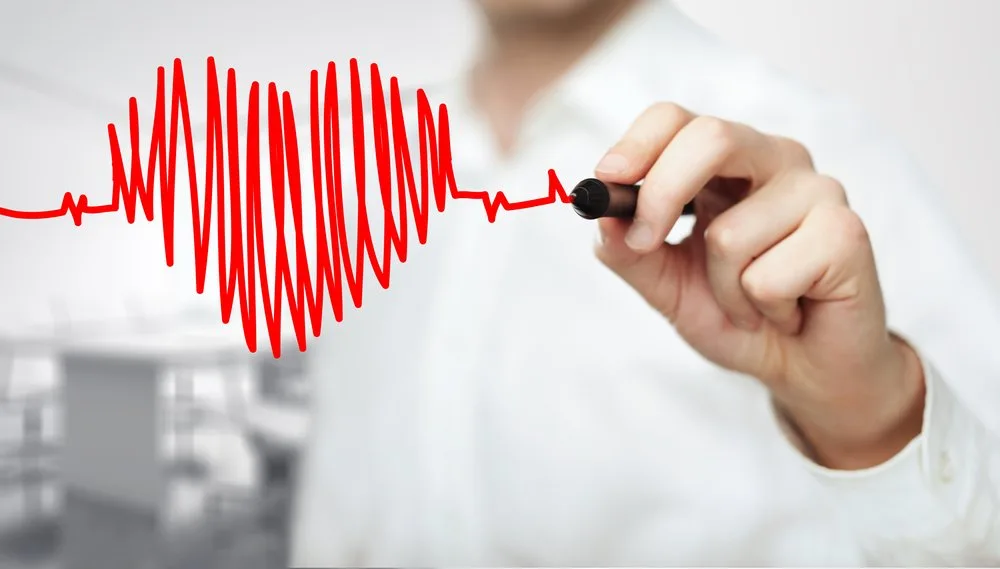Heart disease is one of the biggest causes of mortality around the world. And in South Africa, 30% of people have some form of cardiovascular disease (CVD) – more than all cancers combined. The number is rising.
The South African Heart and Stroke Foundation says CVD was once thought to be a disease for the elderly. However, it now accounts for more than half of deaths before age 65. Additionally, premature deaths caused by CVD in people of working age (35-64 years) are expected to increase by 41% by 2030.
September is Heart Awareness Month. This makes it the perfect time to sound the call for early detection, which is the key to saving a life.
Pay attention to your heartbeat
Peter Mehlape, Managing Director of Medtronic Southern Africa, notes that one of the most common heart conditions that can be easily diagnosed is bradycardia, where the heart beats too slowly to maintain adequate functioning.
“Simply by paying attention to your heartbeat can reveal whether you need treatment or the implantation of a pacemaker. It is a simple surgical procedure that can prevent early death and enable you to lead a full, normal life,” he said.
A pacemaker is a small, battery-operated device implanted in your chest that corrects conduction abnormalities in the heart. It does this by sensing when your heart is beating too slowly and sending a signal to your heart that makes it beat at the correct pace.
Not all slow heartbeats require a pacemaker
Dr. Iftikhar Ebrahim is an Interventional Cardiologist practicing at Raslouw Hospital. According to him, there are degrees of bradycardia, and not everyone with a slow heart rate will require a pacemaker.
“The normal resting heart rate should be between 60-100 beats per minute. Anything below 60 beats per minute is considered slow, and I would advise anyone with a heart rate persistently below 50, to have their doctor check it and have an electrocardiogram.”
Warning bells
A heart rate persistently below 40 beats per minute requires urgent attention, he says, because it would indicate a heart block.
“A third-degree heart block is the most common – and the most serious. It occurs when there is almost no communication between the upper and lower chambers of the heart. The heart cannot maintain blood flow to the brain, leading to dizziness and syncope (fainting).”
Another reason for a pacemaker, which affects mostly older people, is sinus node dysfunction (previously called sick sinus syndrome). Dr. Ibrahim explains:
“The sinus node is a collection of nerves in the top chamber that trigger the heart to beat faster or slower depending on activity, emotions, and other factors. Its function begins to wane and leads to symptomatic fainting.”
He adds that slow heartbeats are normal for very fit, long-distance runners. However, they often develop sinus node dysfunction at an older age.
A simple procedure leading to a full, productive life
Implanting a pacemaker is a simple procedure, according to Dr. Kaveshree Govender, a cardiologist specializing in heart rhythm disorders and cardiac implantable electronic devices. The procedure can typically be done at a day clinic with conscious sedation, instead of a full anesthetic.
“Patients can continue with their normal lives after the operation, although they won’t be able to lift their left arm above shoulder height for six weeks – so swimming and golf would be out. After that, though, they will have six-monthly check-ups but can expect and enjoy a normal, full life.”
Want to know more?
Heart attacks are the most common cause of death. However, if you want to protect your heart, it might be most useful for us to look at things from the other side. With that said, Dr. Duncan Carmichael looks at what makes for a perfect heart attack.





![women [longevity live]](https://longevitylive.com/wp-content/uploads/2020/01/photo-of-women-walking-down-the-street-1116984-100x100.jpg)










